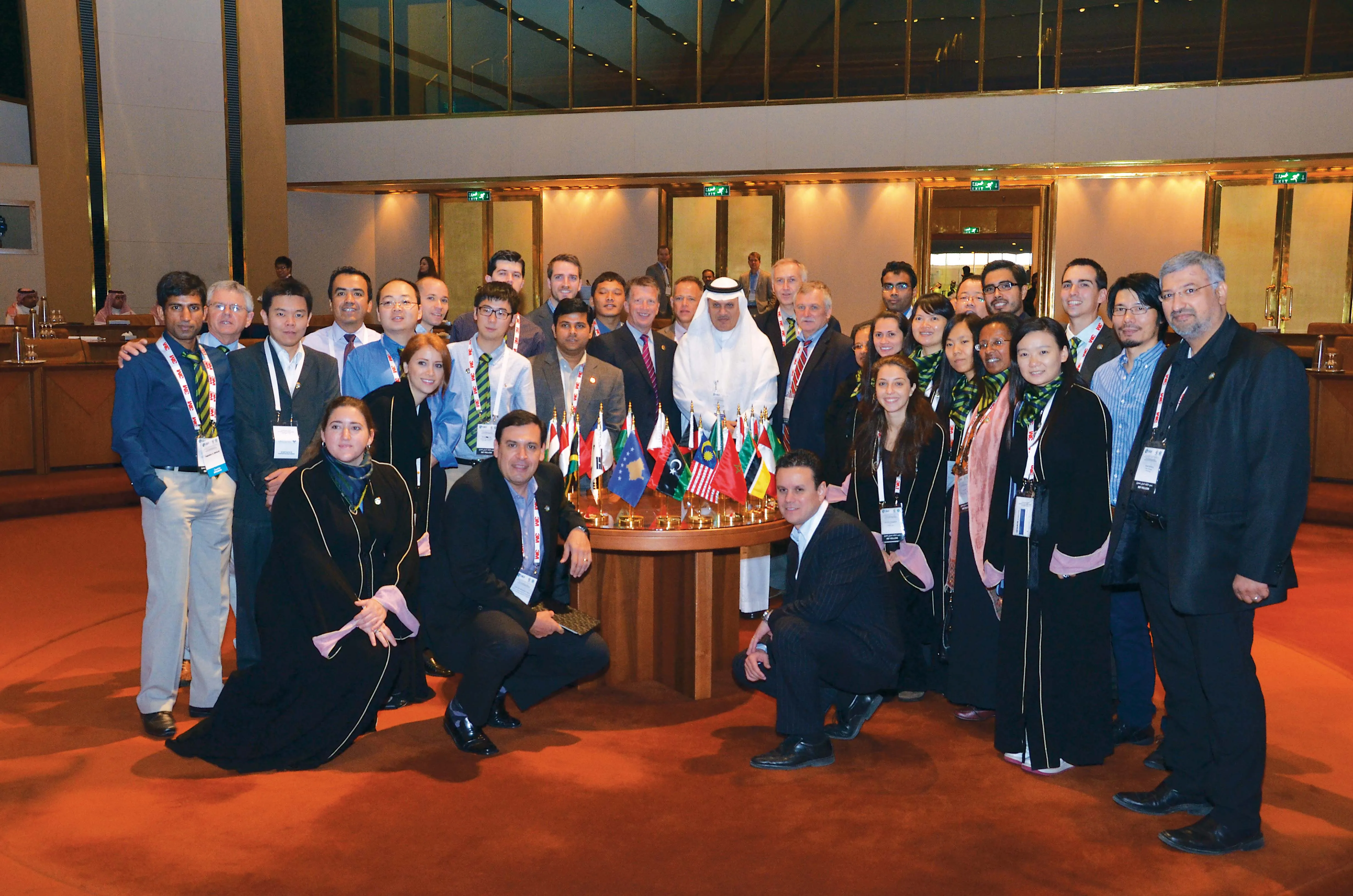ITS America president and CEO Scott Belcher issued a statement yesterday in response to the release of the text of the Senate Environment and Public Works (EPW) Committee’s surface transportation reauthorization bill, MAP-21. Similar to the Smart Technologies for Communities Act (H.R. 995), introduced in the House by ITS Caucus co-chairs Mike Rogers (R-MI) and Russ Carnahan (D-MO), the initiative would provide new levels of accountability by requiring grant recipients to measure and improve the performance
April 26, 2012
Read time: 2 mins
RSS4041 ITS America president and CEO Scott Belcher issued a statement yesterday in response to the release of the text of the Senate Environment and Public Works (EPW) Committee’s surface transportation reauthorization bill, MAP-21.
Similar to the Smart Technologies for Communities Act (H.R. 995), introduced in the House by ITS Caucus co-chairs Mike Rogers (R-MI) and Russ Carnahan (D-MO), the initiative would provide new levels of accountability by requiring grant recipients to measure and improve the performance of their transportation systems while applying the latest smart technologies to reduce traffic congestion, minimise traffic fatalities, enhance transportation mobility and access, optimise existing roadway capacity, reduce costs, and provide the public with access to real-time traffic and transit information.
“ITS America applauds the leadership of chairman Boxer, ranking member Inhofe, and senators Baucus and Vitter for crafting a bipartisan bill that will put innovative technology to work addressing challenges from traffic congestion to highway fatalities, fixing and modernising our infrastructure, and creating a more accountable, performance-based planning and funding process for transportation projects,” Belcher wrote.
“Not only will the travelling public benefit from a safer, more efficient and cost-effective transportation network, but investment in ITS will create good jobs and make the US more globally competitive by modernising our freight network, improving supply chain efficiency, and keeping people and goods moving safely and on time.”
Belcher also applauded a new competitive grant programme, the System Operations and ITS Deployment Grant Program (MAP-21 Section 2301), saying it “will spur innovation and help communities across the United States apply the latest information technology to create smarter, more integrated transportation networks that will deliver cost-effective safety and mobility benefits to the travelling public.”
Similar to the Smart Technologies for Communities Act (H.R. 995), introduced in the House by ITS Caucus co-chairs Mike Rogers (R-MI) and Russ Carnahan (D-MO), the initiative would provide new levels of accountability by requiring grant recipients to measure and improve the performance of their transportation systems while applying the latest smart technologies to reduce traffic congestion, minimise traffic fatalities, enhance transportation mobility and access, optimise existing roadway capacity, reduce costs, and provide the public with access to real-time traffic and transit information.
“ITS America applauds the leadership of chairman Boxer, ranking member Inhofe, and senators Baucus and Vitter for crafting a bipartisan bill that will put innovative technology to work addressing challenges from traffic congestion to highway fatalities, fixing and modernising our infrastructure, and creating a more accountable, performance-based planning and funding process for transportation projects,” Belcher wrote.
“Not only will the travelling public benefit from a safer, more efficient and cost-effective transportation network, but investment in ITS will create good jobs and make the US more globally competitive by modernising our freight network, improving supply chain efficiency, and keeping people and goods moving safely and on time.”
Belcher also applauded a new competitive grant programme, the System Operations and ITS Deployment Grant Program (MAP-21 Section 2301), saying it “will spur innovation and help communities across the United States apply the latest information technology to create smarter, more integrated transportation networks that will deliver cost-effective safety and mobility benefits to the travelling public.”







